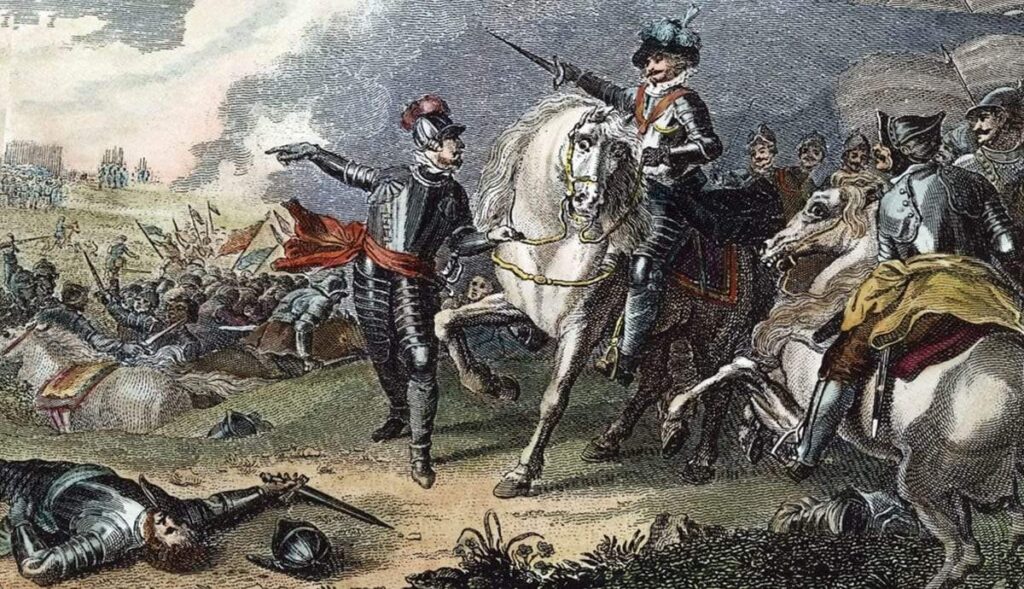Religion has always been intertwined with the history of warfare, shaping the beliefs, motivations, and actions of soldiers and leaders on the battlefield. In ancient times, religious justifications were often used to legitimize warfare, framing conflicts as a divine mandate or duty to defend the faith. Soldiers would carry religious symbols and perform rituals before battle, seeking divine assistance and protection. Belief in divine intervention in warfare was common, with tales of gods favoring righteous fighters. Religious beliefs also inspired acts of martyrdom and sacrifice, with soldiers willing to lay down their lives for their faith. The connection between religion and warfare in ancient times highlights the power of beliefs in shaping human behavior in times of conflict.
Introduction
Religion has played a significant role in the history of warfare, influencing the beliefs, motivations, and actions of soldiers and leaders on the battlefield. In ancient times, religions often provided a moral and spiritual framework for justifying and legitimizing warfare, as well as inspiring soldiers to fight with conviction and dedication. This article explores the connection between religion and warfare in ancient battles, examining how beliefs shaped the conduct of war and influenced the outcomes of conflicts.
Religious Justifications for Warfare
Many ancient civilizations believed that warfare was not only a physical struggle but also a spiritual contest between opposing forces. Religious beliefs often provided a justification for going to war, framing conflicts as a divine mandate or a duty to defend the faith. For example, the ancient Egyptians believed that their pharaohs were divinely appointed rulers who had a sacred duty to protect the kingdom from external threats. Similarly, the ancient Greeks and Romans justified their wars as a means of spreading their religion, culture, and influence to other lands.
Religious Symbols and Rituals in Battle
In ancient battles, soldiers often carried religious symbols and objects into battle, such as amulets, talismans, or banners emblazoned with sacred imagery. These items were believed to provide protection, guidance, and strength in combat, and to invoke the favor of the gods. Before going into battle, soldiers would often perform religious rituals and ceremonies to seek divine assistance and blessings for victory. For example, the ancient Romans would make sacrifices to Mars, the god of war, before launching military campaigns.
Divine Intervention in Warfare
Ancient peoples believed that the gods actively intervened in warfare, favoring those who fought with righteousness and punishing those who strayed from the path of the divine. Stories of divine intervention in battles were common in ancient mythologies and histories, with tales of gods appearing on the battlefield to turn the tide of war or to protect their chosen heroes. For example, the ancient Greeks believed that the goddess Athena fought alongside their warriors in the Trojan War, guiding them to victory.
Religious Martyrdom and Sacrifice
Religious beliefs also inspired acts of martyrdom and sacrifice in ancient warfare, with soldiers willingly laying down their lives for their faith and their people. In some cultures, warriors who died in battle were believed to be martyrs who would be rewarded in the afterlife for their courage and sacrifice. This belief motivated soldiers to fight fearlessly and selflessly, knowing that their deaths would be honored and remembered as acts of heroism and devotion.
Conclusion
Religion played a crucial role in ancient warfare, shaping the beliefs, motivations, and actions of soldiers and leaders on the battlefield. By providing a moral and spiritual framework for justifying and legitimizing warfare, as well as inspiring soldiers to fight with conviction and dedication, religion contributed to the conduct and outcomes of ancient battles. The connection between religion and warfare in ancient times highlights the power of beliefs to shape human behavior in times of conflict, and to transcend the physical realm of war to encompass the spiritual and moral dimensions of the struggle.
